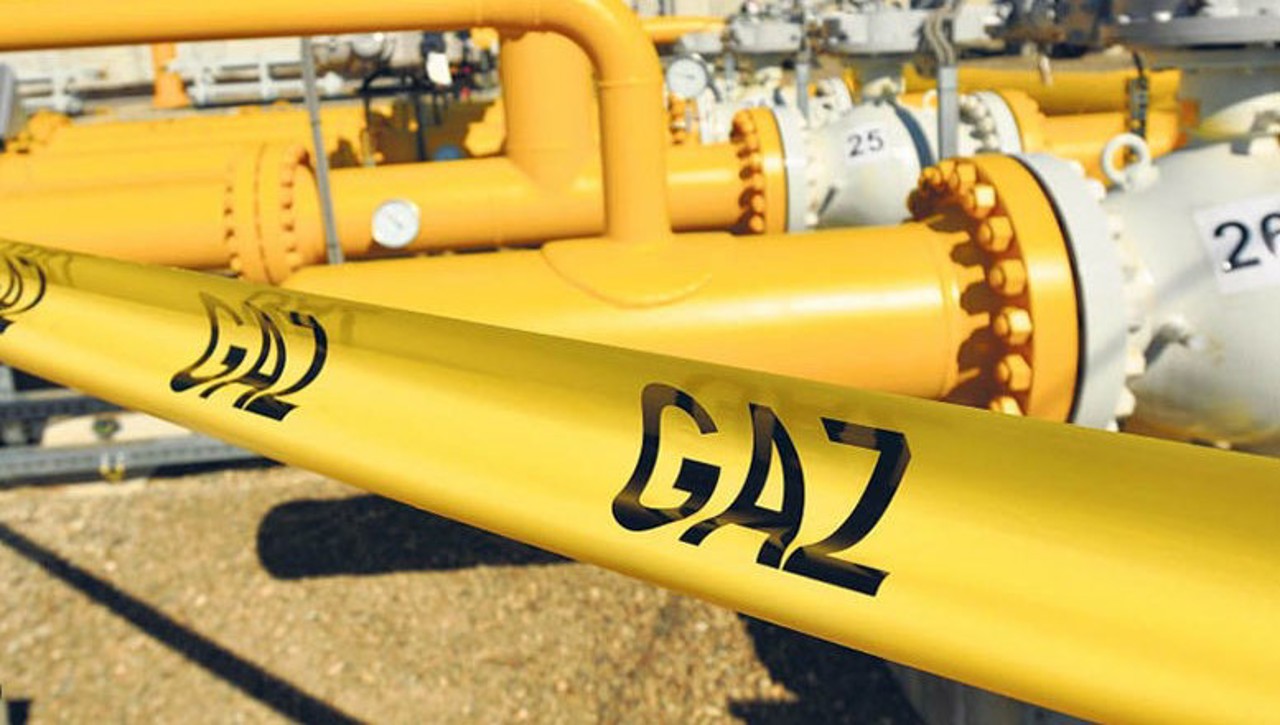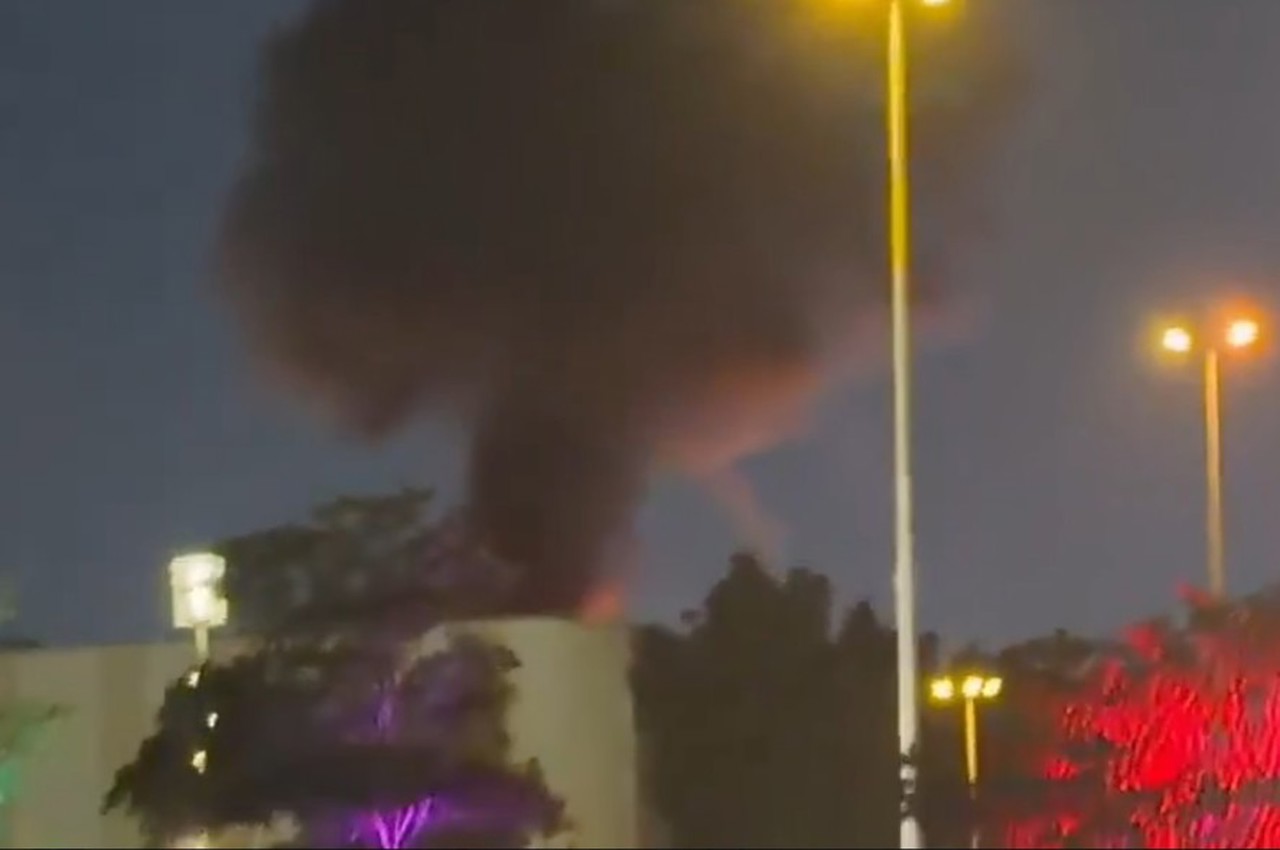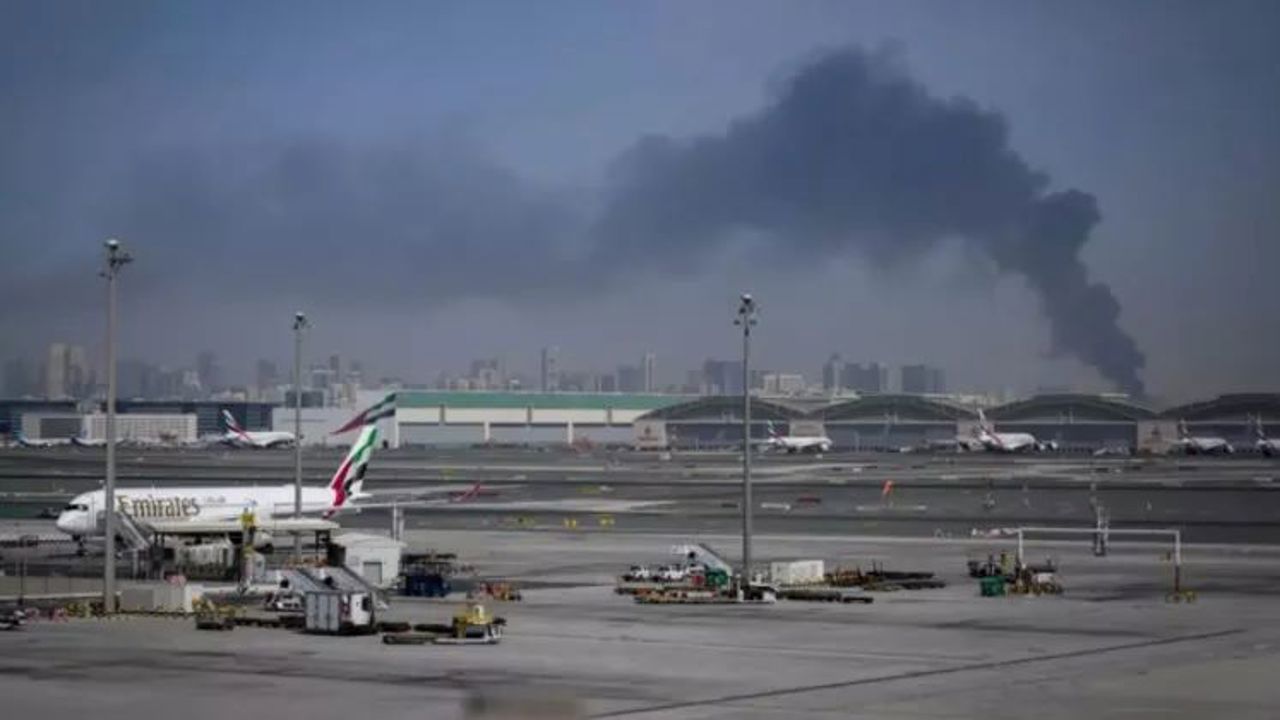Energocom's Gas Procurement Shift: Exiting Moldovagaz, Embracing Auctions
In early May, Energocom will have used up all previously purchased natural gas and will make new purchases, the company's director, Victor Bînzari, told Jurnal TV.

Starting next month, Energocom will no longer have obligations to Moldovagaz and will try to participate in as many tenders as possible.
According to Victor Bînzari, this week the first purchase of natural gas will be made through the electronic platform of the Romanian Commodity Exchange, where more sellers and buyers will be able to participate, potentially leading to a better price.
“Of course, we will try to participate in as many tenders as possible, to offer the best conditions and the best prices, and we hope to be declared winners in other tenders as well. But we understand very well that there is competition on the market, there are prices from Gazprom, which are sometimes much lower than existing market prices. This will create an interesting competitive dynamic, something we haven't seen for 30 years. We encourage and say that it is natural to have an exchange, to have a possibility to sell gas not only to Moldovagaz. Of course, those consumers who decide to go to the free market have the possibility to make these purchases.”
Since the beginning of the war in Ukraine, the Russian concern Gazprom has reduced the supply of natural gas to Moldova. In order to ensure the creation and maintenance of security stocks, it was decided that the Joint-Stock Company Energocom would conclude the necessary agreements and contracts with the operators of storage facilities in neighbouring countries, including the member states of the European Union.
The majority of the Republic of Moldova's previously stored natural gas was held in Ukraine, where storage costs are significantly lower than in Romania.
Previously, Energy Minister Victor Parlicov stated that last year Moldova had over 650 million cubic metres of natural gas in stock. In the previous cold season, consumers on the right bank of the Nistru used about 450 million cubic metres of gas.
Translation by Iurie Tataru




